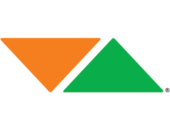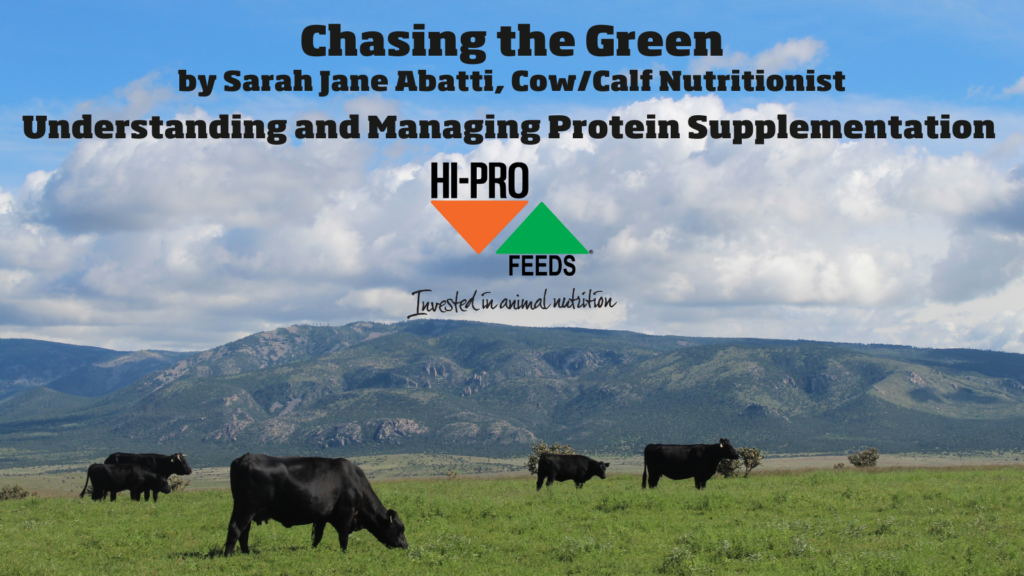Protein supplementation is a crucial aspect of cattle nutrition, especially during periods when forage quality may be limited or deficient in essential nutrients. Protein plays a vital role in various physiological functions within a cow’s body, including growth, reproduction, immune response, and milk production. Adequate protein intake is essential to maintain cattle health and support optimal performance throughout different stages of their life cycle.
- Importance of Protein:
Proteins are composed of amino acids, which serve as the building blocks for various tissues and enzymes in the body. Unlike monogastric animals, who require specific amino acids be directly provided through their diet, ruminants can synthesize their required amino acids from any dietary protein. Insufficient protein intake can lead to reduced growth rates, poor reproductive performance, impaired immune function, and lower milk production in lactating cows.
- Evaluating Forage Protein Content:
Forages, which form the primary component of a cow’s diet in grazing scenarios, vary in protein content depending on factors like plant species, maturity, and environmental conditions. While some forages may contain sufficient protein, others may fall short of meeting cattle’s nutritional requirements, particularly during the winter or periods of drought.
- Types of Protein Supplements:
Protein supplements come in various forms, catering to the specific needs of cattle based on their age, production stage, and existing nutritional status. Common protein supplements include:
- Cubes: Cubes are likely the most common form protein supplementation in west Texas and eastern New Mexico. Delivery of cubes allow for intake control and measurement, as well as the opportunity of viewing the livestock.
- Protein Blocks: Protein blocks are solid supplements that offer convenience and free choice accessibility, especially in extensive grazing systems.
- Protein Pellets: Protein pellets contain concentrated sources of protein and other essential nutrients. They can be easily mixed with other feed ingredients or offered as a standalone supplement.
- Liquid Protein Supplements: Liquid protein supplements are typically suspended in liquid molasses and can be provided in open top tubs or roller tubs.
4. Meeting Protein Requirements:
Cattle’s protein requirements vary based on their age, weight, and production stage. Lactating cows and growing calves typically have higher protein needs than dry cows. Protein supplementation is particularly critical during periods of increased demand, such as during late gestation, lactation, or rapid growth phases.
- Complementing Low-Quality Forages:
In situations where forage quality is compromised, such as during winter or on drought-stressed pastures, protein supplements can help bridge the nutritional gap. By complementing low-quality forages with protein-rich supplements, cattle can maintain adequate body condition and nutrient intake. As a general approach, low quality, low volume forage should be supplemented with a higher quantity of a lower protein supplement. Low quality, high volume forage should be supplemented with a lower quantity of a higher protein supplement.
- Monitoring Protein Intake:
Regularly monitoring cattle’s protein intake is essential to ensure that they receive the required amount. Observing cattle body condition and performance indicators, such as weight gain or milk production, can provide valuable insights into the effectiveness of the protein supplementation program.
Protein supplementation is a fundamental aspect of cattle nutrition, serving to meet their protein requirements and support overall health and productivity. By understanding the importance of protein in cattle diets and evaluating forage quality, producers can implement appropriate protein supplementation strategies. Providing cattle with the necessary amino acids and nutrients through protein supplements contributes to their well-being, reproductive success, and optimal performance throughout all stages of their lifecycle. A well-designed protein supplementation program can be a valuable tool in maintaining a healthy and profitable cattle herd.


